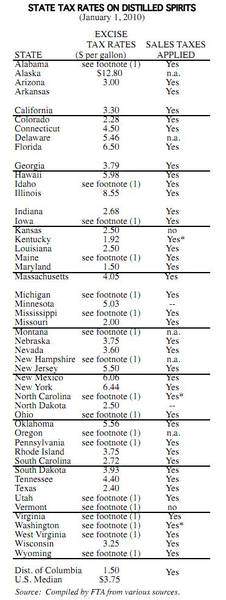
What You Didn't Know About Estate Tax Rates

Estate tax rates vary depending on many factors. Although the estate tax and the inheritance tax are commonly referred to as the same thing, they are in fact technically different. The estate tax is imposed on the estate before any beneficiaries take control or ownership of their inheritance. Whereas an inheritance tax rate is the burden of the beneficiaries.
Inheritance tax rates vary in each state and can be effected by certain circumstances such as exemptions. Inheritance tax rates generally vary according to the type of property and the relationship between the beneficiary and the benefactor. Inheritance tax rates are finally applied after all intervening factors have been accounted for.
In general, inheritance taxes are applied as a percentage of the total value of inheritance. The inheritance tax rate also changes in a cyclical manner, the same way other tax rates change. So, the inheritance tax rate that applies this tax year, could change the following tax year. In 2010, the inheritance tax expired. Essentially the Federal inheritance tax rate for 2010 is zero. However, inheritance tax rates can be applied to inheritance at a later date. Taxpayers are currently unable to estimate what their inheritance tax rate would be, because no determination has been made for those rates.
Previously, the Federal inheritance tax rates only applied after the estate surpassed a certain value. When the inheritance tax rates did apply, the rates would increase as the value of the estate increased. For example, a person that inherited less than forty thousand dollars in excess of the maximum value threshold would be subject to an inheritance tax rate of twenty four percent of that excess. That would mean that the inheritance tax rate resulted in a tax of about eight thousand dollars on the amount inherited over the maximum exempt amount.
Those that inherited more than three million dollars above that maximum, would face an inheritance tax rate of fifty five percent. For the beneficiary that inherits over three million in excess, that inheritance tax rate could result in a tax of one and one half million dollars. In 2009 the amount exempt from the inheritance tax was three million and five hundred thousand dollars. In 2011 that exemption amount is set to be significantly reduced to one million dollars.
Inheritance tax rates are based on several factors.Each state has their own laws on inheritance tax and the rates in each state are likely to be very different. In addition, each state will allow for specific and unique deductions which can greatly alter the rate. The federal inheritance tax rates have expired but are set to change in 2011.
Those rates will likely be retroactive, which means they would be applied to those that inherited property in 2010. In order to pay the lowest inheritance tax rate, beneficiaries should be sure that they take all possible deductions before applying the tax to the value of the inheritance.
NEXT: Exemptions To Estate Tax to be Aware of





















